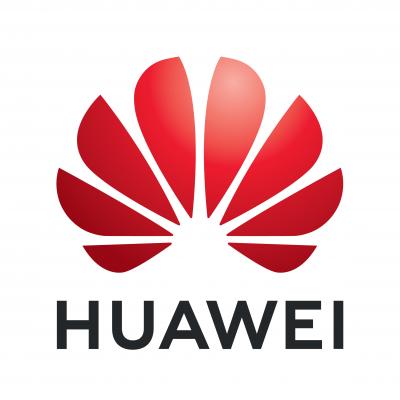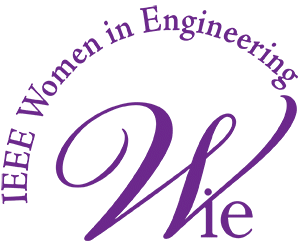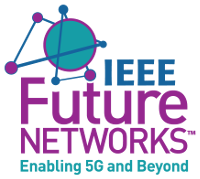WELCOME TO THE WORKSHOP ON “Semantic Communications for Future Wireless Networks”
STEERING COMMITTEE MEMBERS:
- Shuguang Cui, Chinese University of Hong Kong (Shenzhen), China, shuguangcui@cuhk.edu.cn
- Merouane Debbah, Technology Innovation Institute, Abu Dhabi, merouane.debbah@tii.ae
- Petar Popovski, Aalborg University, Denmark, petarp@es.aau.dk
WORKSHOP CO-CHAIRS:
- Yang Yang, Beijing University of Posts and Telecommunications, China, yangyang01@bupt.edu.cn
- Mingzhe Chen, University of Miami, United States of America, mingzhe.chen@miami.edu
- Zhaohui Yang, Zhejiang University, China, yang_zhaohui@zju.edu.cn
- Christo Kurisummoottil Thomas, Virginia Tech, United States of America, christokt@vt.edu
KEYNOTE SPEAKERS:
- Deniz Gunduz, Imperial College London, UK
- Walid Saad, Virginia Tech, USA
SCOPE AND TOPICS OF THE WORKSHOP:
With increasingly powerful intelligence capability, future wireless networks will transform from “connected things” to “connected intelligence”. To adapt to this new trend, intelligent devices in future wireless networks should not only be able to complete complex smart applications but they should also be utilized for more efficient, robust communications. However, existing wireless networks are limited to the technical level, which aims at transmitting signals as massively and accurately as possible. Clearly, this evolution way is doomed to face a bottleneck due to the limited resources. Meanwhile, the powerful intelligence capability of the devices is also under-exploited. In contrast, semantic communications are a new paradigm of communications, which focus on “what to transmit” rather than “how to transmit”. In particular, semantic communications only intend to transmit source semantic information based on the environment knowledge, thus significantly increasing the system efficiency and accuracy especially for complex artificial intelligence tasks such as virtual and augmented reality, and autonomous driving, which are pervasively existing in future wireless networks. In addition, Internet-of-Things that build to wirelessly connect tens of billions of devices can generate massive data that provide “fuel” for AI. The billions of connected mobile devices, each provisioned with a powerful processor, provide a virtual computer grid capable of executing large-scale computation tasks. These factors have led to the development of semantic communications for future wireless networks to allow fast access to mobile data. However, there are still many basic problems that have not been well investigated in semantic communications for future wireless networks. Achieving the goal of semantic communications with high efficiencies calls for the designs of new wireless techniques based on a communication-and-learning integration approach.
Thus, this proposed full-day workshop will seek to bring together researchers and experts from academia, industry, and governmental agencies to discuss and promote the research and development needed to overcome the major challenges that pertain to this cutting-edge research topic. Suitable topics for this workshop include, but are not limited to, the following areas:
- Information theory for semantic communications
- Multi-agent reinforcement learning for semantic communications
- Computation-and-communication resource management for semantic communications
- Coding and signal processing for semantic communications
- Ultra-low latency semantic communications
- Network architectures and protocols for semantic communications
- Experiments and testbeds on semantic communications
- Privacy and security issues in semantic communications
- Age of information for semantic communications
- Semantic communication over wireless networks
- End-to-end semantic communications
IMPORTANT DATES
Paper submission deadline: 4 January 2023 13 January 2023
Notification of acceptance: 20 January 2023
Camera-ready: 31 January 2023
Workshop Date: TBD
MAIN CONTACT
Yang Yang, Beijing University of Posts and Telecommunications, China, yangyang01@bupt.edu.cn
SUBMISSION LINK
All papers for Workshops should be submitted via EDAS. Full instructions on how to submit papers are provided on the: https://wcnc2023.ieee-wcnc.org/authors/call-papers.
EDAS submission link: https://edas.info/N30520













